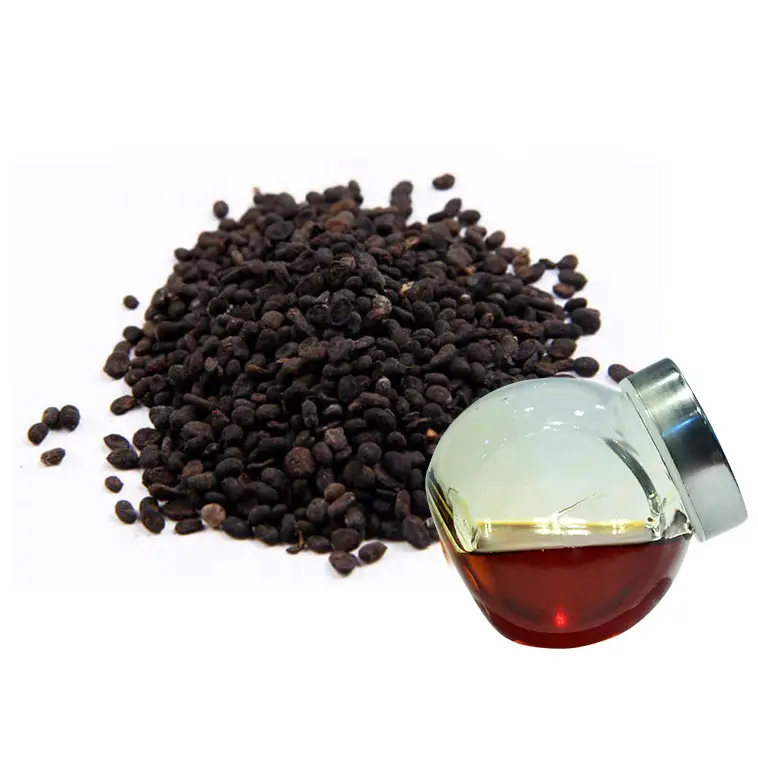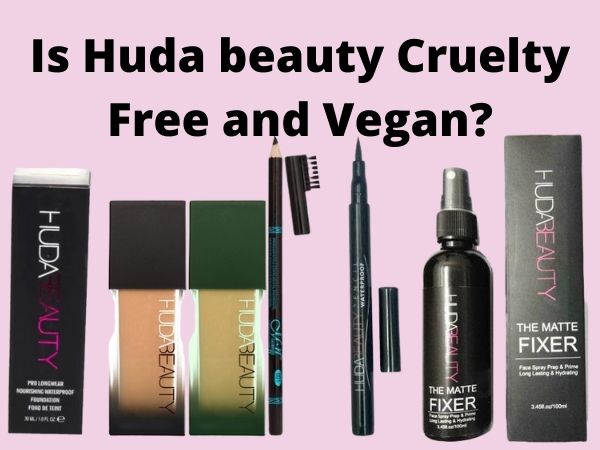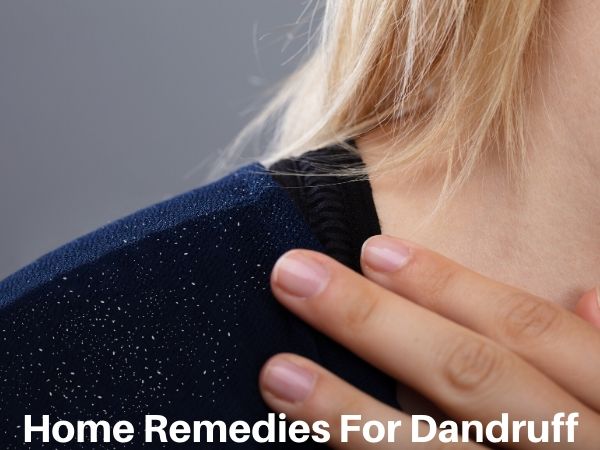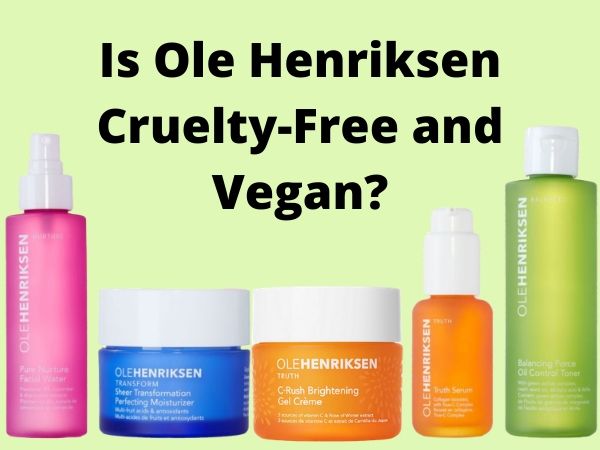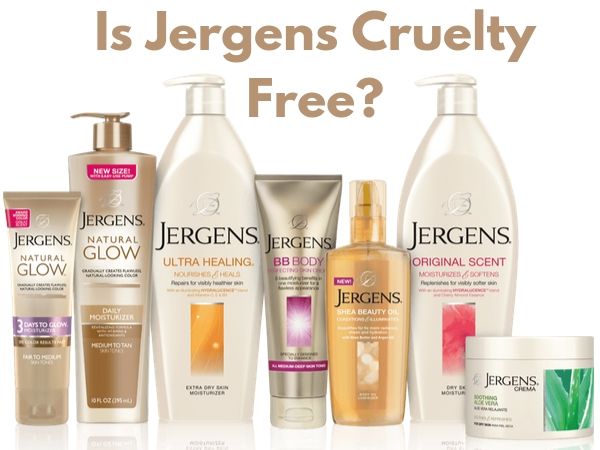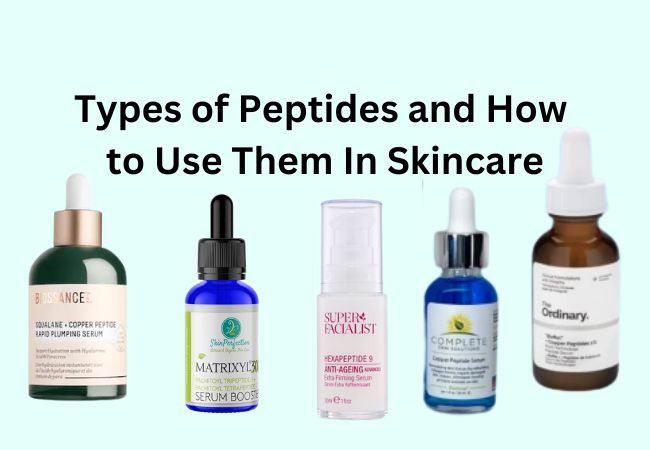Bakuchiol VS Retinol
Bakuchiol vs retinol is becoming a consideration for skincare product manufacturers as well as consumers. Bakuchiol as a skincare ingredient has been around for a while and it has slowly made its way into my skincare routine too.
And yes, I had to google how to pronounce that but if you’re interested in skincare topics to make sure to visit the site regularly, you’ll find a ton of that here.
What is Bakuchiol?
It’s called the herbal alternative to Botox and I’m not going to go into detail on that because Botox is something you get Injected. You will not find a topical alternative for that one, no matter what marketing is going to tell you. It’s called the natural version of retinol or a plant-based version of retinol because it comes from a plant. No surprises here. It’s the Babchi plant or Psoralea corylifolia. I’m going to stick with babchi plant.
It is found in the seeds and the leaves and it has been used in Chinese and Indian skincare for centuries. It works as a naturally occurring antioxidant and has been found to have similar effects to retinol without having a structural resemblance to retinoids. Structural as in molecular structure.
How Retinoids work on the skin
So, let´s first take a step back and take a quick look, on what retinoids do in the skin. First retinoids are an umbrella term, and there are different types. The strongest one is retinoic acid, which works over receptors in a kind of lock and key principle.
In the skin cells, it works through gene regulation and increase of collagen production, as well as an increase in the cell, turns over. Which leads to newer, firmer skin and lessened hyperpigmentation and can also help with acne.
Over-the-counter products which are not retinoic acid, are often retinol and retinol aldehyde which are weaker. However, they have proven to have similar effects to retinoic acid.
The downside of using retinol is that it causes something like a retinol dermatitis. This is an inflammation of the skin which happens usually in the first four weeks of treatment. It can lead to some people not tolerating retinol at all or not tolerating high doses or frequent use.
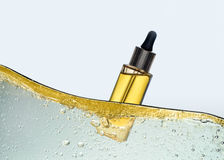
Bakuchiol Serum 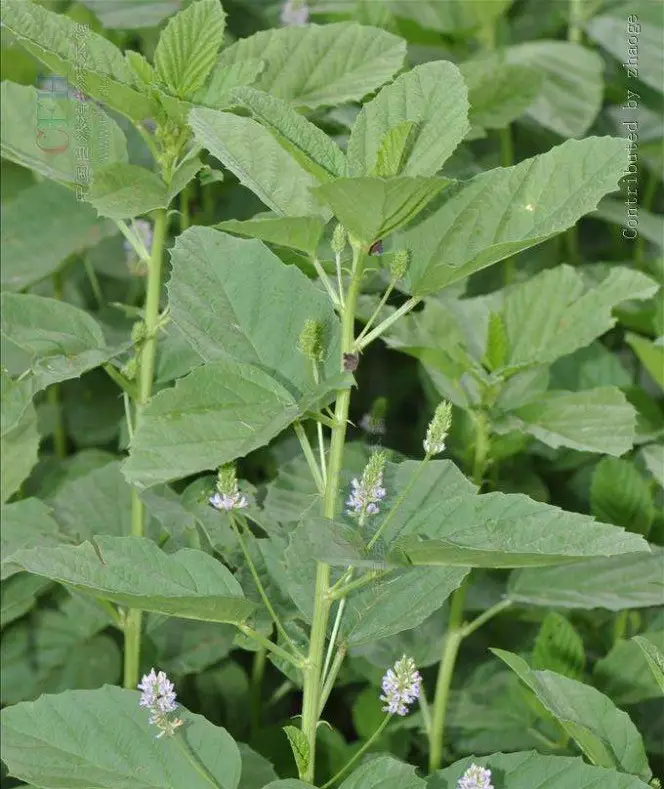
Babchi Plant
Retinol use can cause the skin to get dry, causing peeling, irritation, inflammation, and increased sensitivity. The effects are stronger with the retinoic acid and less strong with retinol and retinaldehyde. This is because they have to go through different steps in the skin until they reach the retinoic acid stage where they can start to work. So they are naturally less effective.
Bakuchiol now has no as I mentioned structural resemblance. This means that the molecule of Bakuchiol looks completely different from the molecule of retinoic acid. Which means that Bakuchiol does not exactly fit the retinoic acid receptors in the skin. It still affects them and leads to the same upregulation in genes that increase collagen production and that’s actually not a really new scientific discovery.
There were studies in as early as 2014 that already showed the same effects in-vitro: and in-vitro means in the dish in a laboratory. But recently in 2018, there was an in vivo study, which means that it was tested on living people. They took people and half of them used a bakuchiol product and the other half used a Retinol product for 12 weeks.
They applied the products morning and night. Which I personally do not recommend, applying a retinol morning and night that’s kind of a lot. And they had a board-certified dermatologists check and see if hyper Pigmentation, wrinkle depth and all that increased. They found after the course of the 12 weeks no significant difference.
Both groups had the same increase in firmness, the same increase in elasticity, the same diminishing in fine lines and the same diminishing in hyperpigmentation, which sounds great. It was also noticeable that the group that used the Bakuchiol did report less irritation than the ones that used retinol.
The important thing here is they reported LESS because if you read up on Bakuchiol people will tell you that it has absolutely no side effects, and that’s not true. It just has fewer side effects. There were people that had irritation, there were people that had to peel, it just did not happen as often.
Which means it is more tolerable compared to retinol but it’s not perfect. There are still chances of reacting to Bakuchiol the same way you react to retinol.
Other benefits of Bakuchiol vs retinol
Bakuchiol has some other benefits: It’s a very potent antioxidant, it is anti-inflammatory, which can be great if you suffer from acne. Acne is a lot of inflammation going on in your skin and it helps with reducing the side effects, and it is more stable.
Retinoic acid and retinoids are very sensitive to light which is why it’s recommended to use them at night to avoid UV exposure. Bakuchiol is less susceptible to light so you could technically use it in the day.
Another benefit of Bakuchiol is that it is always vegan because it’s plant-based. If you use retinol it sometimes can come from animal sources. Bakuchiol has actually been used in skincare since 1970, but right now there are a ton of products coming up on the market triggered by this study.
Examples are The Ole Henriksen Retin-Alt line, the Omorovicza Miracle Face Oil which has been around for quite some time. Instytutum RetinOil, REN Bio Retinoid Anti-aging Cream.
Bakuchiol Vs Retinol recommendations
So do I recommend that you throw all your retinoids out and just focus on Bakuchiol? Not exactly. Why? Well, first of all, we have two studies, one in vitro and one in vivo, that showed that this works. While we have a ton of studies that prove that retinol or retinol aldehyde and retinoic acid work great. That doesn’t mean it does not work, but I kind of like to see more proof before I jump completely on the bandwagon.
The second one is that it is as effective. It’s not better or worse. It’s just as effective in this study and they compared it to retinoids, over-the-counter products. They are weaker than retinoic acid. So, if you use prescription strength retinol you’re not going to get the same effect of Bakuchiol.
Third one: It is less irritating, but it’s not non-irritating. It’s not a miracle product. If you have been using retinol products for a long time now and you have been happy with it without Irritation, without side effects, you can go on using it.
The bakuchiol is a great product for people that are so sensitive due to numerous reasons that they can’t use or can’t get the benefits of the retinol. However, don’t throw away products that have been working for you just because one study is great.
It’s the new plant-based natural alternative or Bio-retinoid as it’s called in the media. You should be conscious of marketing claims and make an informed decision, see what works for you.
So, tell me in the comments below, have you heard about Bakuchiol and are you tempted to give it a go?

